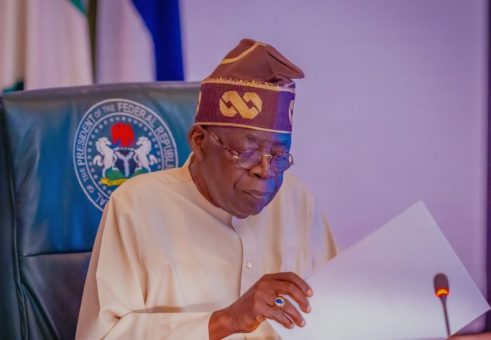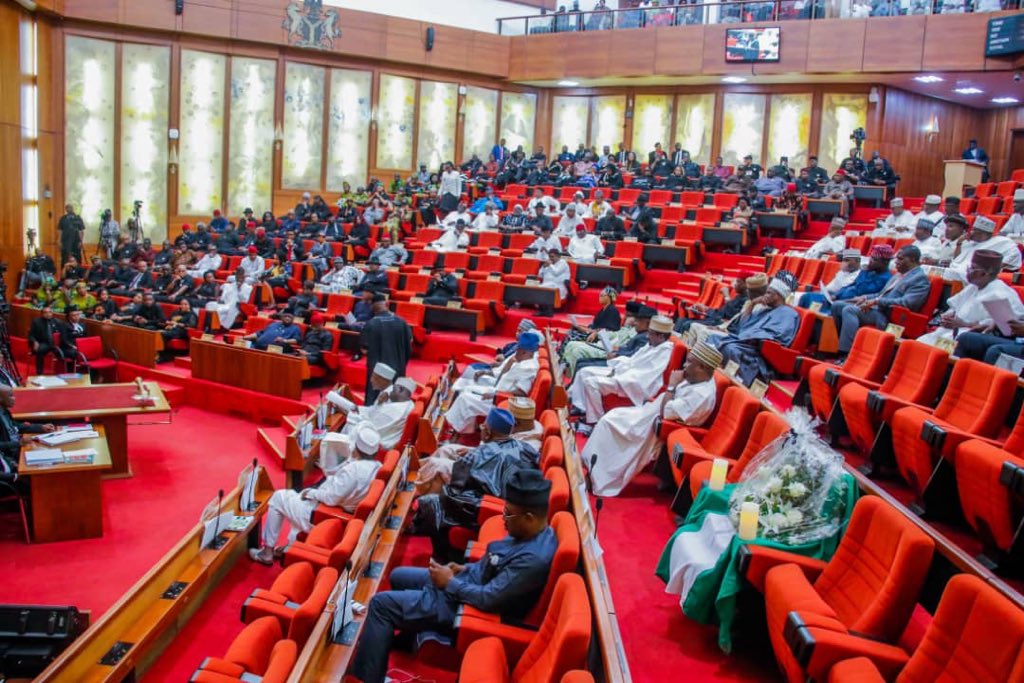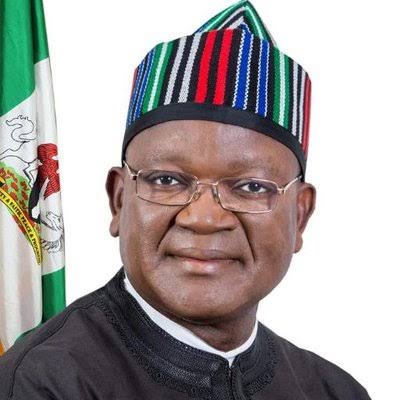Nigeria is set to reap significant benefits from the new Samoa Agreement, which aims to boost international trade and development cooperation between the European Union (EU) and the Organisation of African, Caribbean, and Pacific States (OACPS). The agreement, which includes a substantial trade component of $150 billion, will provide Nigeria with access to international markets and revenue from cross-border trade.
Currently, 46 OACPS countries and 27 EU countries have signed the agreement. For it to be fully implemented, all 27 EU members must sign it. The provisions of the agreement promise Nigeria capital grants, human and technical expertise, and development aid, while also fostering bilateral relations in education, health, and infrastructure.
The agreement was signed following extensive reviews and consultations by an interministerial committee convened by the Federal Ministry of Budget and Economic Planning (FMBEP), in collaboration with the Ministry of Foreign Affairs (MFA) and the Federal Ministry of Justice (FMOJ). The committee confirmed that none of the 103 articles and provisions of the agreement contravenes Nigeria's 1999 Constitution or its laws.
The partnership agreement, negotiated since 2018 and signed in Apia, Samoa on November 15, 2018, establishes a legal framework for cooperation between 15 EU states and 79 OACPS member states. The agreement replaces the outdated Cotonou Agreement, which became obsolete in 2020.
The Samoa Agreement promotes sustainable development, fights climate change, generates investment opportunities, and fosters collaboration among OACPS member states on the international stage. It comprises a common foundational compact and three regional protocols: Africa-EU, Caribbean-EU, and Pacific-EU, each addressing the specific needs of their regions.
READ ALSO
Minster of Power: Nigerians Spend N30 Trillion Annually on Self-Generated Power
EU Urges Nigeria to Boost Social Protection Funding, Supports with €46 million
The African Regional Protocol consists of two parts: the Framework for Cooperation and Areas of Cooperation. The new partnership covers priority areas such as human rights, democracy, governance, peace and security, human and social development, inclusive and sustainable economic growth, environmental sustainability, climate change, and migration and mobility. The provisional application of the agreement will start on January 1, 2024.
For the agreement to enter into force, it requires the consent of the European Parliament and ratification by all EU member states and at least two-thirds of the OACPS members. The agreement aims to establish democratic institutions, ensure peace and security, facilitate partnerships in education, health, and gender equality, foster trade and investment, and promote environmental protection and legal migration channels.
With the signing of the Samoa Agreement, Nigeria stands to gain from enhanced international cooperation, development aid, and economic opportunities, marking a significant step forward in its global trade and development efforts.




